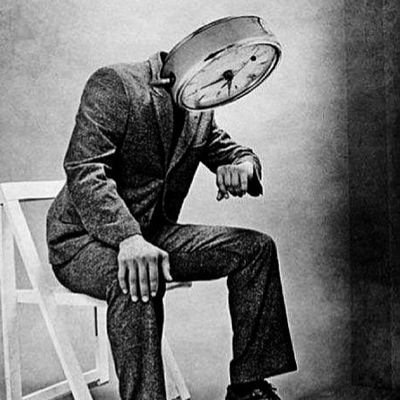To give a bit more detail, I've been attempting to bridge the gap (however wide or short it may be) between Queer Theory and Marxism. I feel as though the two most common views of contemporary Marxists on queer theory are incorrect.
- Reactionaries who proclaim that Queer Theory is somehow monolithically idealist, usually having never read a shred of it, should be dismissed out of hand. No need to elaborate further on this.
- We should be critical of those who simply combine Marxism and Queer Theory (whichever tendencies of both they most align with) like toppings on a sandwich. Queer Marxism is something that needs to be developed, yet it requires more than upholding both as distinct yet compatible entities. We must synthesize them, likely transforming both to some degree in the process.
I don't wish to fall into the trap of naïve originality, aka writing theory on a matter without studying that which has already been written. So, I'm looking for two things. Firstly, any freely accessible (I don't have the funds to buy/subscribe) theory on the question of Queer Marxism. Secondly, your personal thoughts (Brief or lengthy as they may be) on the subject.
Thanks in advance, –Zero


Origins of the Family, Private Property, and The State by Engles - This is result foundational, as others have noted.
Make Way for Winged Eros by Alexandra Kollontai - There's a section in here that's a historical materialist account of love under different forms of class society. It honestly doesn't get talked about enough.
Capitalism and Gay Identity by John D'emilio - basically what it says on the tin. Building on prior Marxists like Engles and Kollintai, D'emilio looks at industrial capitalism's influence of the formation of modern gayness.
Caliban and the Witch by Sylvia Federici - Though principally about the oppression of Women, this book is a Marxist account of the early modern witch hunts, their relationship to enclosure of the Commons, and colonialism in the new world. A process which, over the next couple centuries, regimented and categorized queerness in ways that would simultaneously fuel the oppression of queer people, and their ability to organize politically against that oppression.
Transgender Warriors by Leslie Feinberg - my favorite book on this list, and one that ties all the others on this list together. Feinberg is doing an historical materialist analysis of transness, which can be broadly applied to queerness generally. I would probably read this first, as it's pretty accessible.